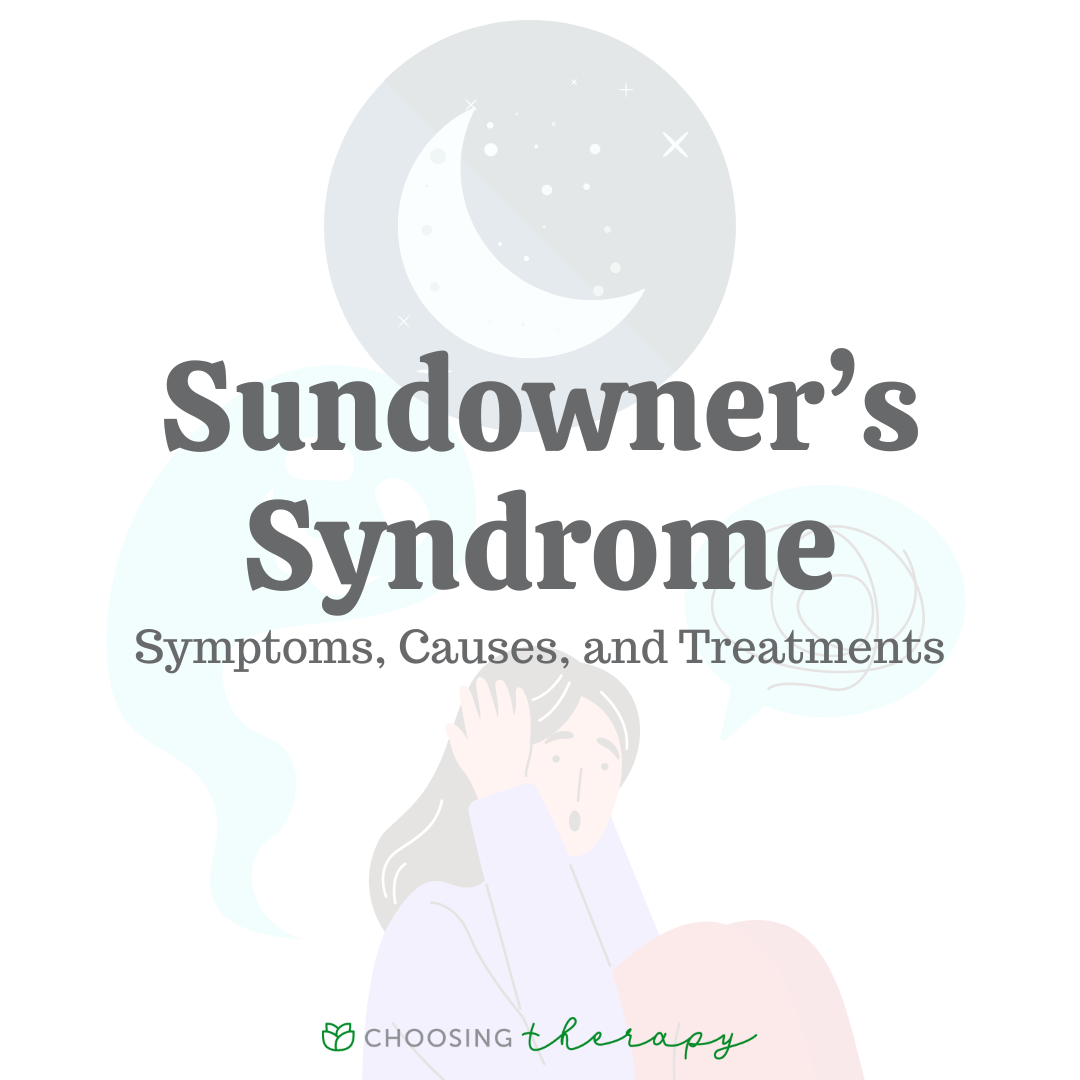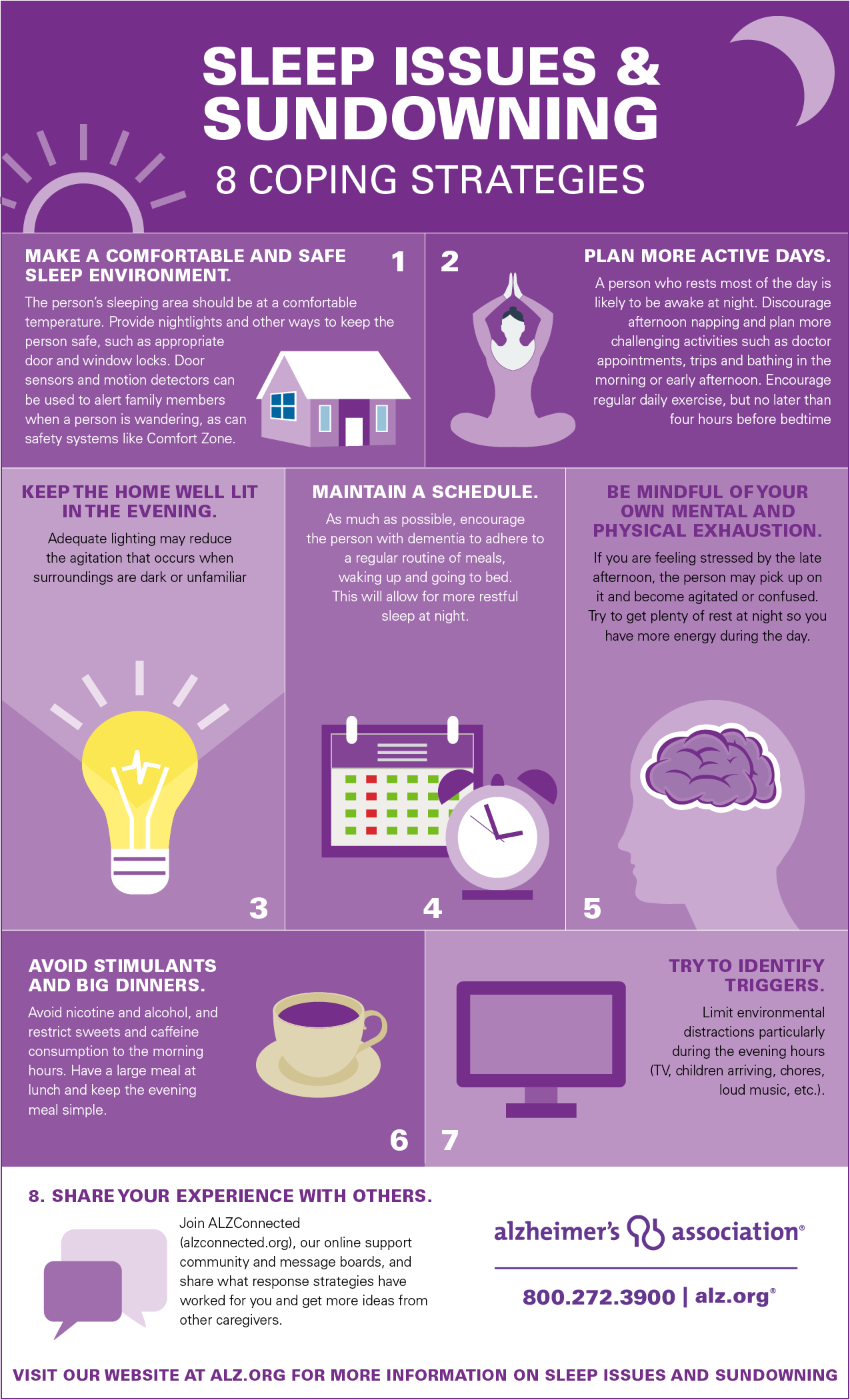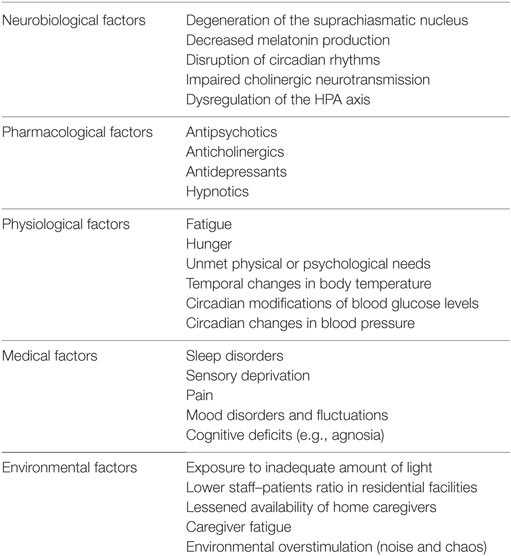Nice Tips About How To Deal With Sundowning

The causes of sundowning are not well understood.
How to deal with sundowning. Increasing activity during daylight hours can help get the circadian rhythm back. Reduce stimulation during the evening hours. How to deal with sundowning:
This behavior pattern is called “sundowning” because it usually starts in the late afternoon or early evening and may last into the. But there are things that can help ease the symptoms of sundowning such as environmental changes and some medications. These are just a few of the possible causes, and when your loved one is sundowning, determine first what is bothering him.
Keep the individual engaged during the day to reduce restlessness. Tips for managing sundowning remove causes of confusion. For the year the residential solar company lost $247 million on $1.7 billion in revenue.
It is an increase in agitation, distress, or confusion that affects some. Stick to a schedule dementia can make it hard to develop and remember new routines. But at the end of the day, it’s very important to keep things manageable for the family caregivers.
Although sundowning is a challenge, arming yourself with knowledge about how sundowning occurs and how to cope will shape you into a better support person or caregiver. Your loved one might react to unfamiliar places and things with feelings of stress, confusion, and anger. It would help if you comfort them to make them calm.
Early signs of sundowners syndrome include restlessness and agitation, irritability, confusion, disorientation, suspiciousness, and becoming demanding. What is sundowning, and what can be done to treat it?
And then, refocus on something else (music, or a game or. At their peak, sundowning symptoms typically develop in the late afternoon, and they can go long into. As a caregiver, there are steps you can take to help prevent or reduce sundowning in your loved one with dementia.
One way of helping your loved one cope with sundowning is validating their feelings and listening to them. Sundowning is a term used for changes in behaviour that occur in the evening, around dusk. Make notes about what happens before sundowning events and try to identify triggers.
How to deal with sundowners: As the condition progresses, these symptoms become more pronounced and more regular. Tips for carers summary sundowning can occur at any stage of dementia but is more common in the middle or later stages.
They may become aggressive, delusional, paranoid, or tend to wander. Amy goyer, en español published may 23, 2017 / updated june 01, 2023 kate_sept2004 / getty images if your loved one has alzheimer’s disease or dementia, you may be seeing changes in their behavior in the late afternoon or early evening — a phenomenon known as sundown syndrome, sundowners or sundowning. Tips for coping with sundowning possible causes.


















